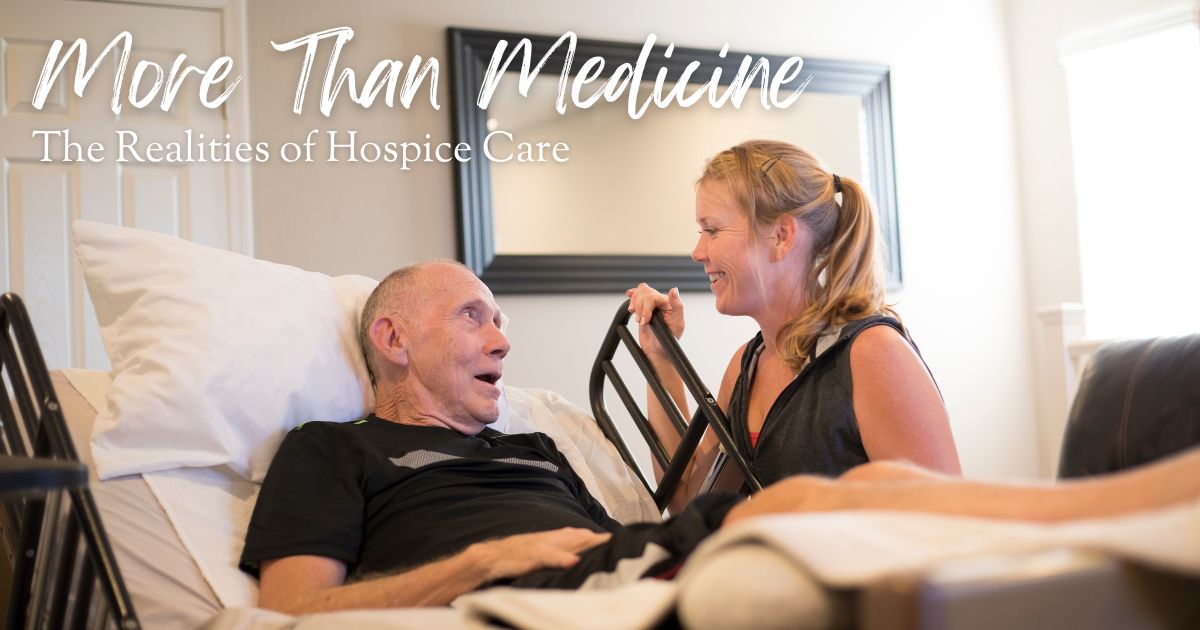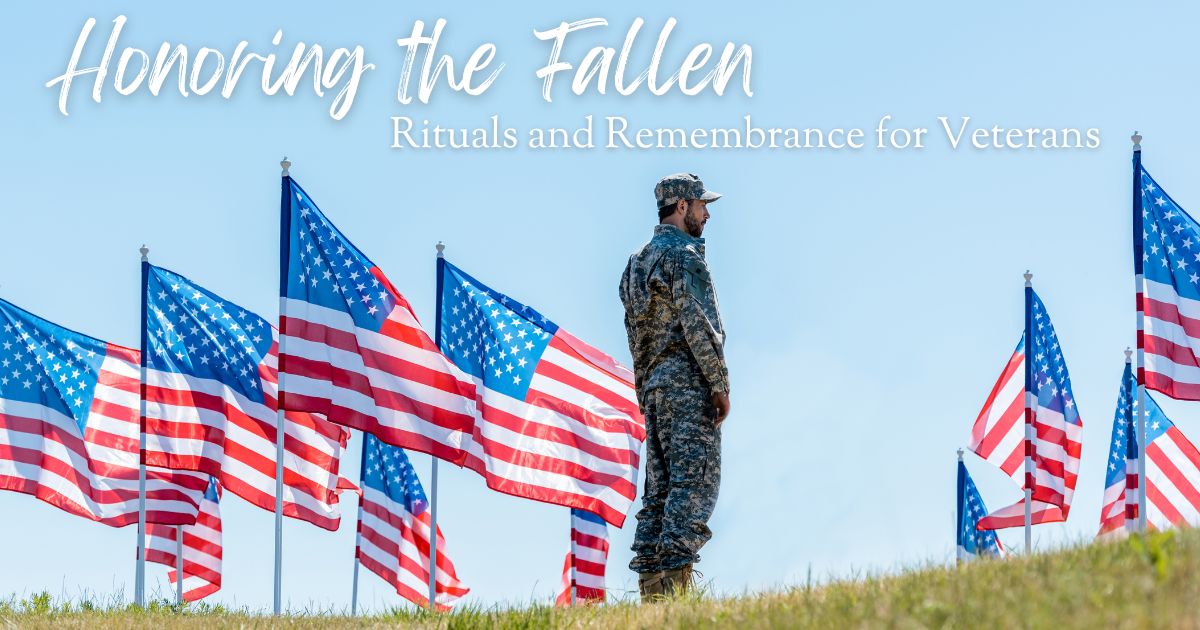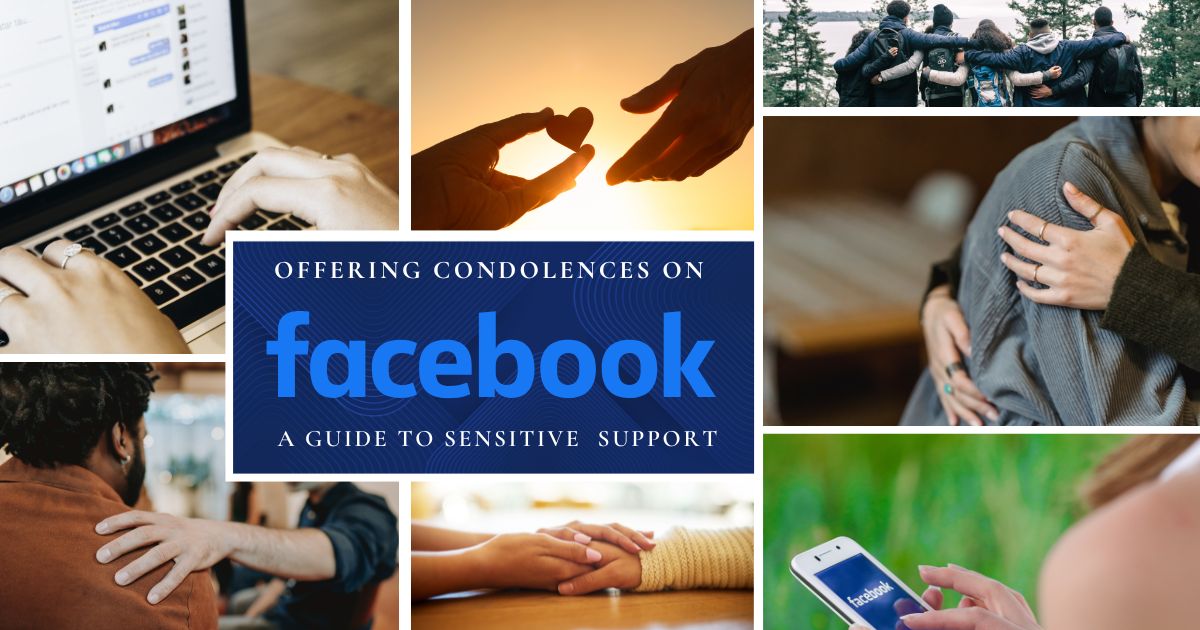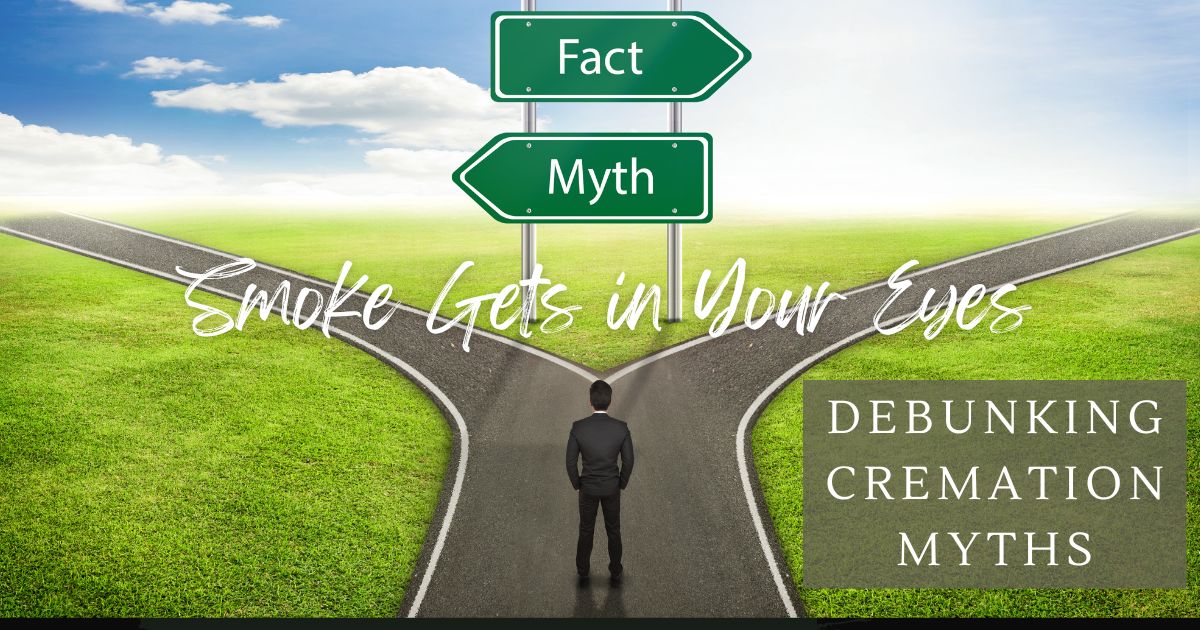Honoring Dad on Father's Day: Meaningful Ways to Remember
Honoring a deceased father on Father's Day can involve creating special tributes at the gravesite, such as floral arrangements, personalized tributes like photos or letters, symbolic gestures, and engraved markers.
Read MoreThe Millennial Guide to Preplanning: Why It's Not Just for Grandma Anymore
Preplanning is no longer just for older generations but is becoming a responsible life strategy for younger individuals.
Read MoreTechnology at Funerals: Modern Etiquette for Meaningful Remembrance
Technology should expand access to meaningful rituals while preserving their sacred nature.
Read MoreCemetery Tourism: A Growing Trend in Heritage Travel
"Cemetery Tourism" is a growing trend where people visit cemeteries to explore history, genealogy, art, and culture.
Read MoreThe First Call: A Guide for Bereaved Individuals
During the "First Call", essential information about the deceased is collected by the funeral director, such as their full name, location, and circumstances of death, along with the caller's information and authorization.
Read MoreBeyond Direct Cremation: The Power of a Planned Memorial Service
Cremation handles the physical aspect of disposition, a memorial service, especially with professional help, addresses the emotional needs and provides a supportive environment for grieving and remembering.
Read MoreMore Than Medicine: The Realities of Hospice Care
Hospice work goes beyond medical skills, requiring emotional intelligence and the ability to handle complex family dynamics. The work is challenging but profoundly rewarding.
Read MoreHonoring the Fallen: Rituals and Remembrance for Veterans
Veterans honor their fallen comrades through various rituals and remembrance practices. Both formal and informal rituals are an important part of the healing process. These acts provide closure, respect, and a sense of community.
Read MoreOffering Condolences on Facebook: A Guide to Sensitive Support
This blog post offers guidance on expressing condolences on Facebook. It emphasizes the importance of being sensitive and considerate when offering support to someone who has lost a loved one.
Read MoreSmoke Gets in Your Eyes: Debunking Cremation Myths
There are many common misconceptions regarding cremation. Cremation is a respectful, flexible, and meaningful option for honoring loved ones.
Read MoreTaking Care of Your Mental Health: A Conversation Worth Having
Mental well-being is as crucial as physical health. Life can be overwhelming so we need to prioritize mental health.Ways to address mental health include talking to someone, practicing self-compassion, allowing space for emotions, staying connected with others, and taking breaks. Seeking help is a sign of strength.
Read MoreHer Light Remains: Celebrating Mom’s Love on Mother’s Day
Celebrating mothers not living on Mother's Day can involve creating traditions, making tributes, honoring their legacy of kindness, engaging in creative activities, and practicing self-care.
Read More
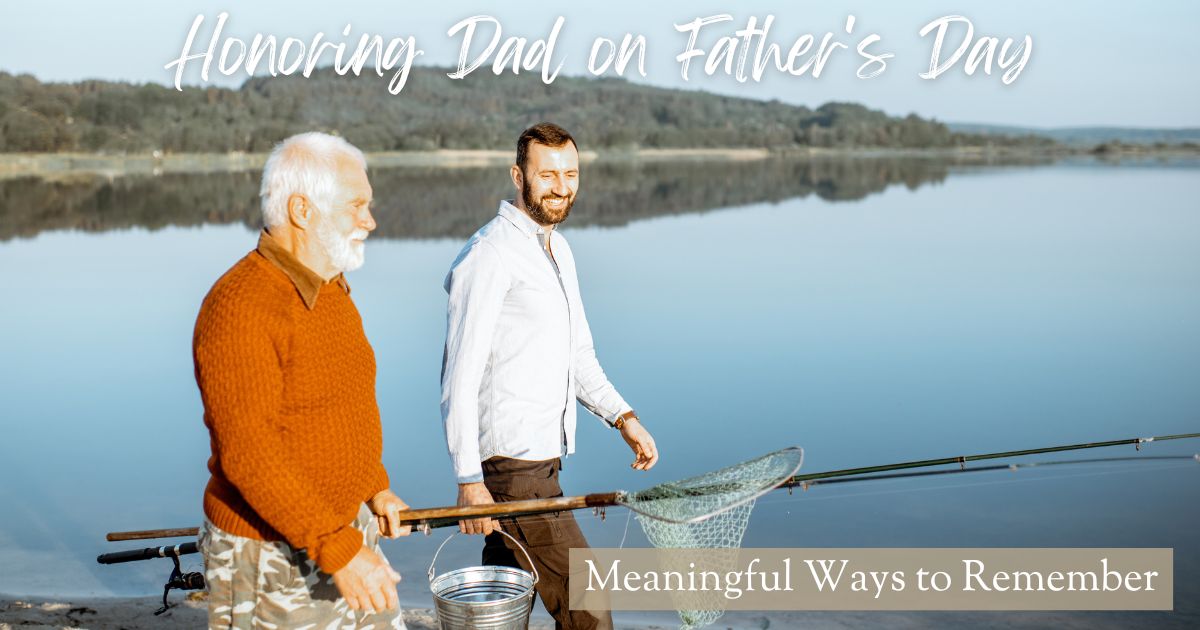


.png)
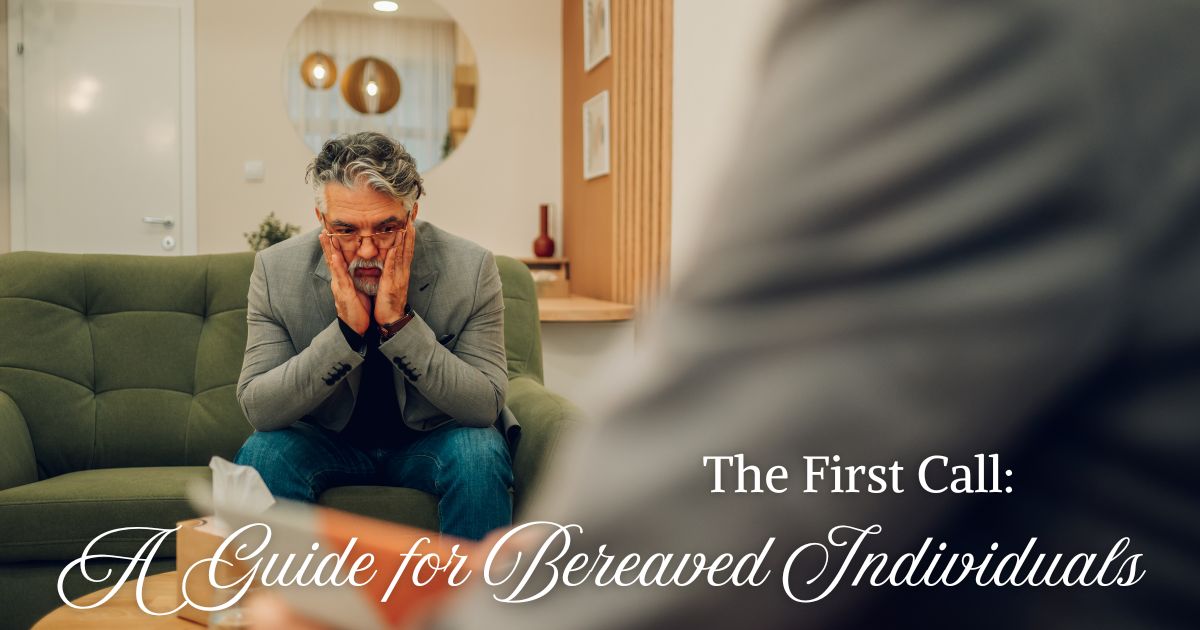
.png)
